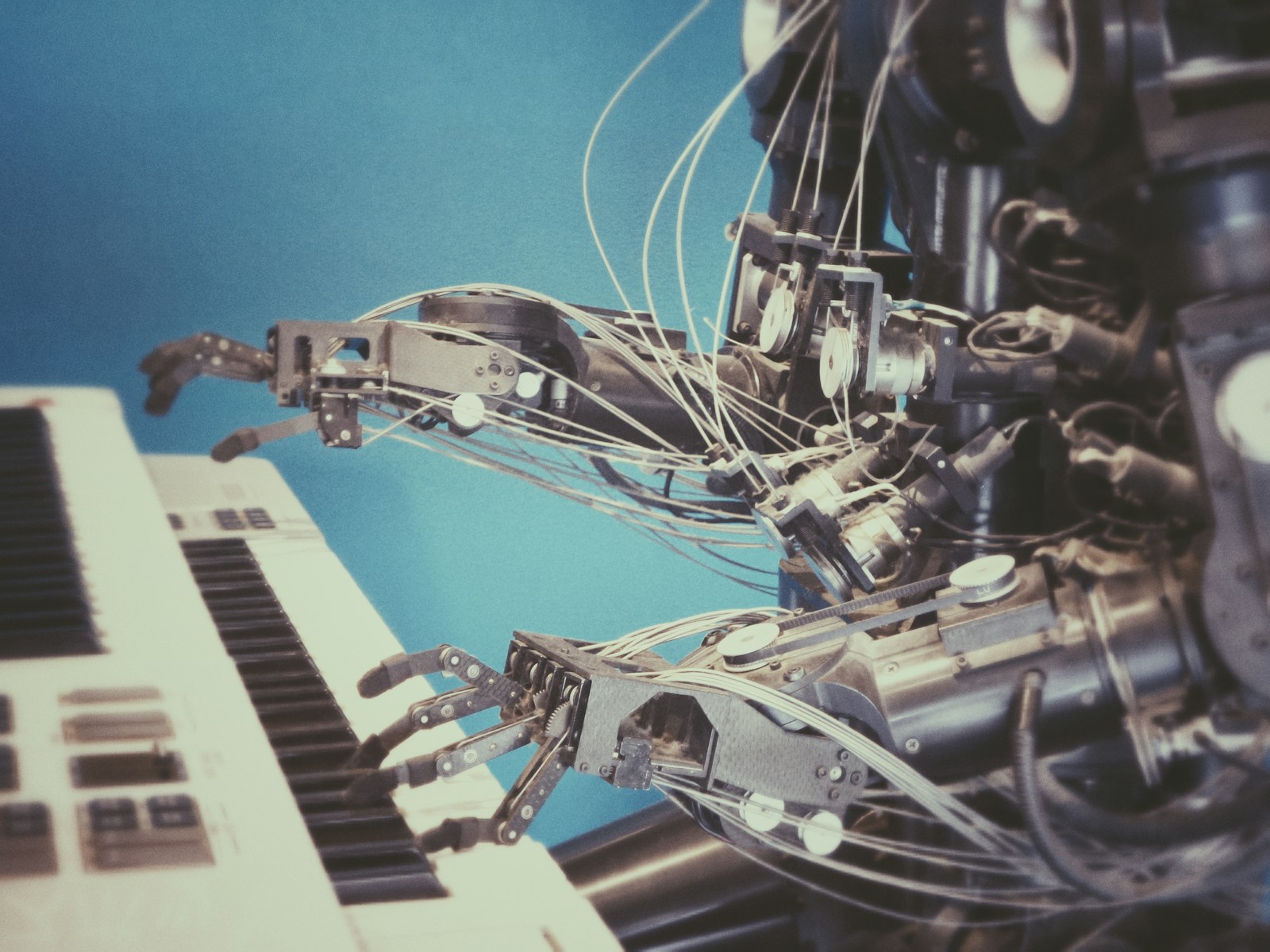Artificial Intelligence (AI) has become an integral part of the modern world, revolutionizing industries, enhancing human capabilities, and shaping the future of technology. AI refers to the simulation of human intelligence in machines, enabling them to learn, reason, and make decisions. Its applications are vast and impact multiple sectors, including healthcare, education, business, transportation, and entertainment. As AI continues to advance, its importance in the world grows exponentially, bringing efficiency, innovation, and problem-solving capabilities to society. Workplaces can even use assessment tools with AI to predict work success.
Enhancing Efficiency and Productivity
One of the primary benefits of AI is its ability to enhance efficiency and productivity across various industries. AI-powered automation reduces the time and effort required to complete tasks, minimizing human error and optimizing performance. In manufacturing, AI-driven robots streamline production lines, ensuring precision and efficiency. Similarly, AI in business processes automates repetitive tasks such as data entry and customer service, allowing employees to focus on strategic decision-making and creativity.
Transforming Healthcare
AI is revolutionizing healthcare by improving diagnostics, treatment, and patient care. Machine learning algorithms can analyze vast amounts of medical data to detect diseases early and suggest appropriate treatments. AI-powered imaging systems assist doctors in diagnosing conditions such as cancer with higher accuracy. Additionally, AI-driven chatbots and virtual assistants enhance patient engagement by providing instant medical advice and appointment scheduling. The integration of AI in drug discovery also accelerates the development of new medicines, ultimately saving lives.
Advancing Education
Education has also benefited significantly from AI-driven technologies. Personalized learning platforms use AI algorithms to assess students’ strengths and weaknesses, tailoring educational content to their specific needs. AI-powered tutors provide instant feedback and guidance, improving learning outcomes. Moreover, AI enhances accessibility by offering speech recognition and translation services for students with disabilities, ensuring inclusive education for all.
Revolutionizing Transportation
The transportation industry has witnessed remarkable advancements with AI. Self-driving cars and autonomous vehicles, powered by AI, are expected to reduce traffic accidents and improve road safety. AI algorithms optimize traffic flow, reducing congestion and travel time. Additionally, AI-driven logistics and supply chain management systems enhance efficiency in goods transportation, benefiting businesses and consumers alike.
Impact on Business and Finance
AI is transforming the business and financial sectors by providing data-driven insights and automating decision-making. AI-powered analytics tools help companies make informed choices by predicting market trends and customer behavior. In finance, AI-driven algorithms detect fraudulent activities and enhance cybersecurity. Chatbots and virtual assistants improve customer service by providing instant responses and personalized recommendations, increasing customer satisfaction and engagement.
Entertainment and Social Media
AI has significantly influenced entertainment and social media platforms. Streaming services like Netflix and Spotify use AI algorithms to recommend personalized content based on user preferences. Social media platforms employ AI for content moderation, targeted advertising, and improving user experience. AI-generated art, music, and virtual reality experiences further showcase its creative potential, expanding the boundaries of entertainment.
Ethical Considerations and Challenges
Despite its numerous advantages, AI also presents challenges and ethical concerns. The rise of AI-driven automation raises concerns about job displacement, as machines replace human labor in various industries. Additionally, biases in AI algorithms can lead to unfair decision-making, affecting marginalized communities. Data privacy and security are also significant concerns, as AI systems rely on vast amounts of personal information. Addressing these challenges requires ethical AI development, regulatory policies, and continuous human oversight to ensure AI benefits society responsibly.
Artificial Intelligence is a transformative force shaping the modern world. Its ability to enhance efficiency, improve healthcare, revolutionize education, and impact various industries highlights its importance. While AI presents challenges, responsible development and ethical considerations can maximize its benefits while mitigating risks. As AI continues to evolve, it holds the potential to drive innovation and improve lives, making it one of the most significant technological advancements of our time.
